“To feel much for others and little for ourselves, that to restrain our selfish, and to indulge our benevolent affections, constitutes the perfection of human nature; and can alone produce among mankind that harmony of sentiments and passions in which consists their whole grace and propriety.”
— Adam Smith, 1759. “The Theory of Moral Sentiments.”
The ideal person should be empathetic towards other people. He should be more concerned with the happiness of others than the happiness of himself. If everyone were this way, mankind would be in the harmonious state in which it was intended to be.
“The virtues of sensibility and self-command are not apprehended to consist in the ordinary, but in the uncommon degrees of those qualities. The amiable virtue of humanity requires, surely, a sensibility, much beyond what is possessed by the rude vulgar of mankind. The great and exalted virtue of magnanimity undoubtedly demands much more than the degree of self-command, which the weakest of mortals in capable of exerting.”
— Adam Smith, 1759. “The Theory of Moral Sentiments”
There are presumed minimal levels of empathy and morals that each and every person inevitably possesses.
However, sensibility and self-sacrifice are qualities only found in a small percentage of people. These people are virtuous, and they define humanity with its originally intended definition. People who only possess the minimal levels of empathy and morals are not capable of possessing such virtue.
“As in the common degree of intellectual qualities, there are no abilities; so in the common degree of the moral, there is no virtue. Virtue is excellence, something uncommonly great and beautiful, which rises far above what is vulgar and ordinary. The amiable virtues consist in that degree of sensibility which surprises by its exquisite and unexpected delicacy and tenderness. “
— Adam Smith, 1759. “The Theory of Moral Sentiments”
Adam Smith relates empathy to intelligence. A person who possesses only the common level intelligence does not have the mental abilities that people of higher intelligence levels naturally have.
Intellectual=abilties. Morals=virtue. Virtue=excellence.
Virtue is a beautifully rare quality. When a person possesses virtue due to his or her impeccable morals, he or she is on a higher level of humanity than the ordinary members of society.
There is quite a difference between a virtuous person and a simply conventionally acceptable person.
Likewise, there is quite a difference between admirable actions and merely acceptable actions.
Even a person of the worst character can be considered perfectly acceptable by the standards of societal norms.
However, to be considered a virtuous person requires morals and a natural sense of humanity, of which most people fall short.
A person may do a good deed, but that alone does not make him virtuous.
“The too tender mother, the too indulgent father, the too generous and affectionate friend, may sometimes, perhaps, on account of the softness of their natures, be looked upon with a species of pity, in which, however, there is a mixture of love, but can never be regarded with hatred and aversion, nor even with contempt, unless by the most brutal and worthless of mankind.”
— Adam Smith, 1759. “The Theory of Moral Sentiments.”
What beautiful words.
Good people may be misunderstood, but only a truly unempathetic, a spite-filled person could ever act contemptuously toward a truly good-hearted individual.
In other words, only an inhumane person, who lack empathy and morals, can look upon an emotionally sensitive person and think negatively about him or her.
“There is a helplessness in the character of extreme humanity which more than any thing interests our pity. There is nothing in itself which renders it either ungraceful or disagreeable. We only regret that it is unfit for the world…”
“…because the world is unworthy of it, and because it must expose the person who is endowed with it as a prey to the perfidy and ingratitude of insinuating falsehood, and to a thousand pains and uneasinesses, which, of all men, he the least deserves to feel, and which generally too he is, of all men, the least capable of supporting.”
— Adam Smith, 1759. “The Theory of Moral Sentiments.”
A virtuous person is helpless when faced with the burden of his own emotional turmoil. He, after all, functions by second-handedly filtering the emotions and experiencing the pain of his loved ones instead of his own.
The humanity of a virtuous person is far too good for this world. The world bullies a virtuous person, because the world’s population mostly consists of the opposite type of person.
The majority looks at the virtuous person as an outcast. Members of the majority believe that the virtuous person is not actually virtuous, but instead, that he is a liar.
With the world against him, a virtuous person experiences a rush of his own emotions, which, as stated, he is not equipped to handle.
He is overcome by the emotional confusion, and his heart unbearably aches, though he certainly does not deserve to feel such pain.
One-half of mankind makes bad company for the other.
The human imagination allows us to place ourselves in someone else’s situation.
We conceive ourselves to endure all of his own torments. We imagine ourselves entering into his body to feel his pain, and in doing so, we unify.
We form an idea of his sensations. Though our feelings are weaker in degree, they are not altogether unlike his own feelings. His agonies begin to affect us, and we then tremble and shudder at the thought of what he feels.



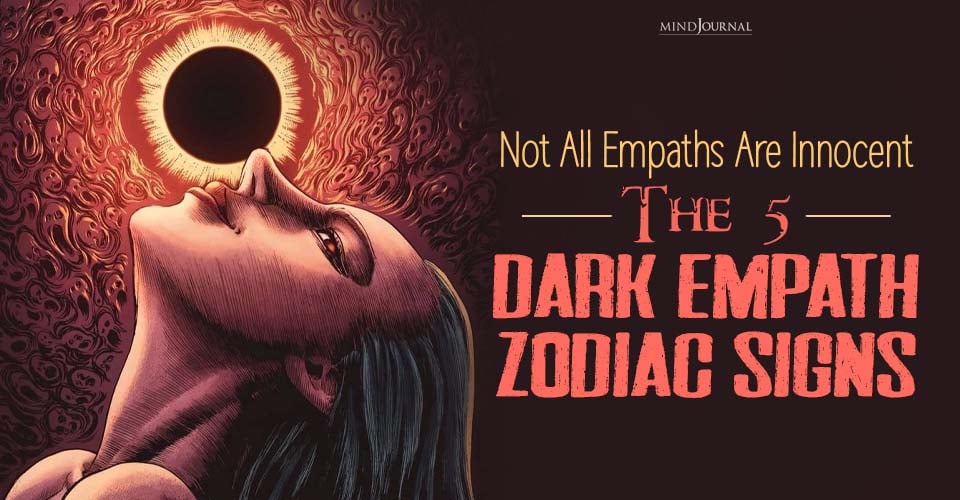
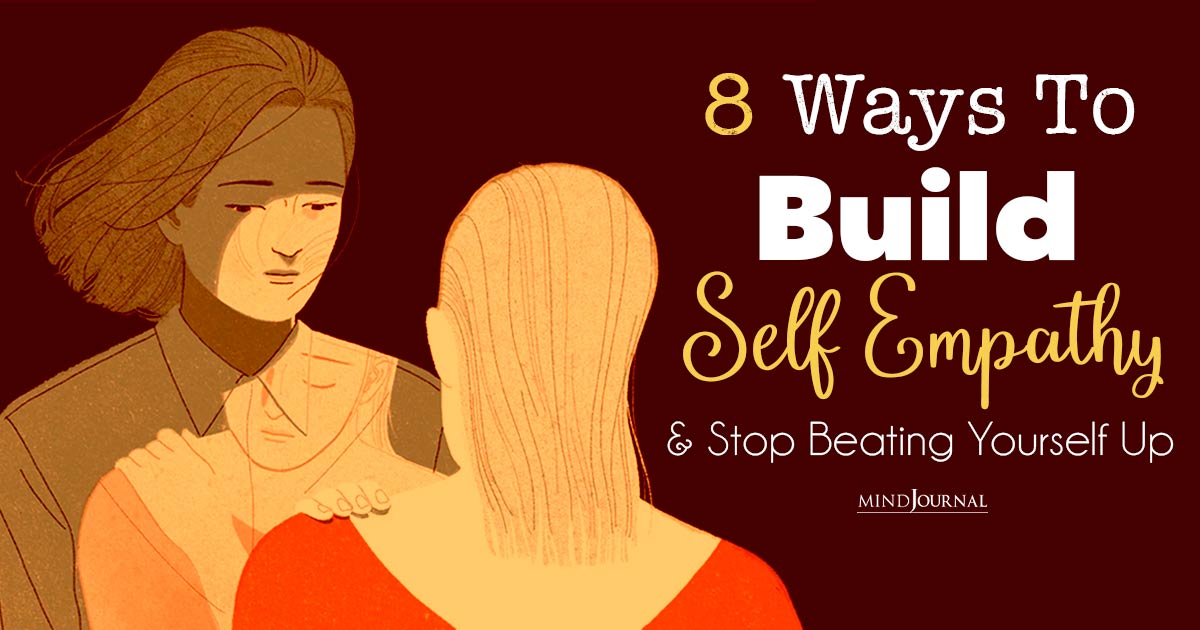

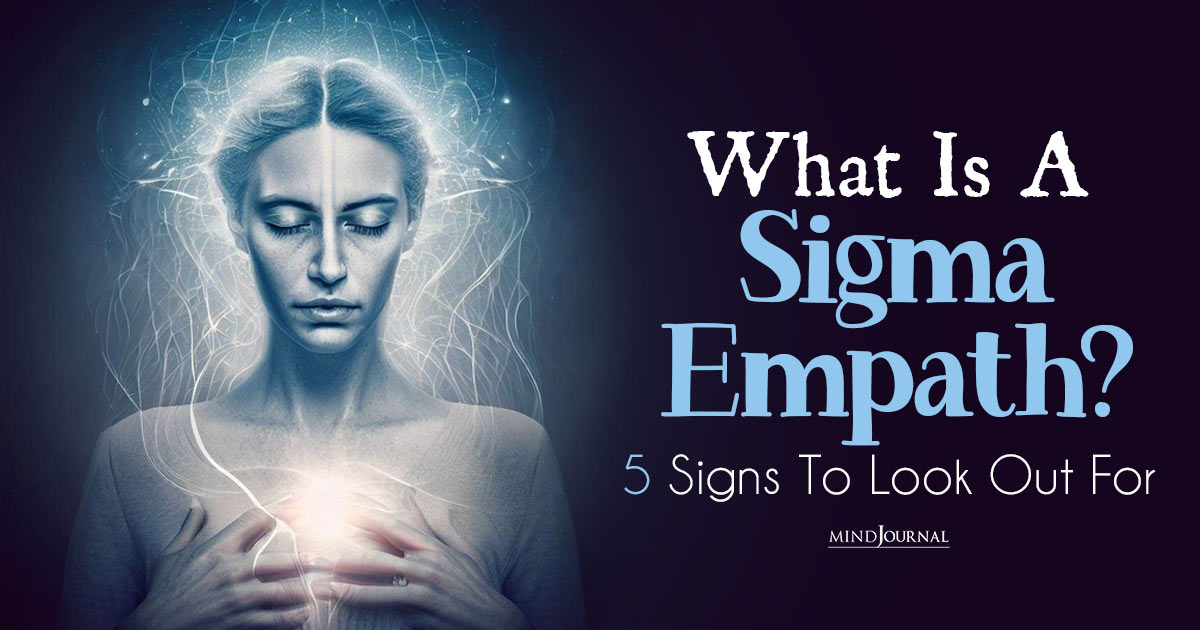
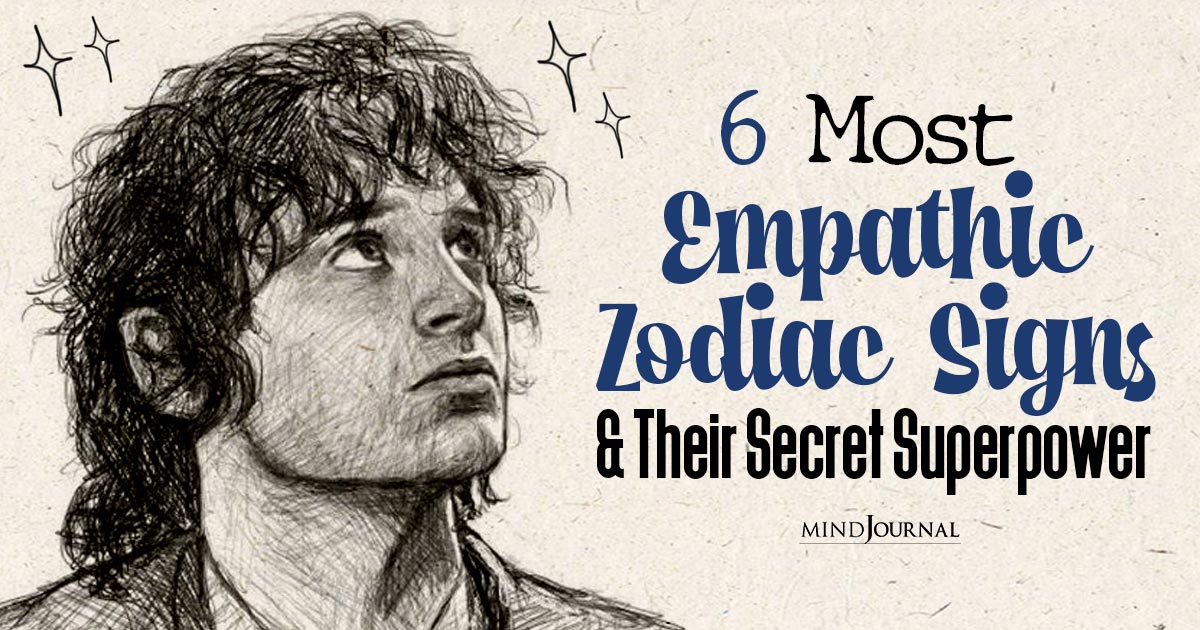
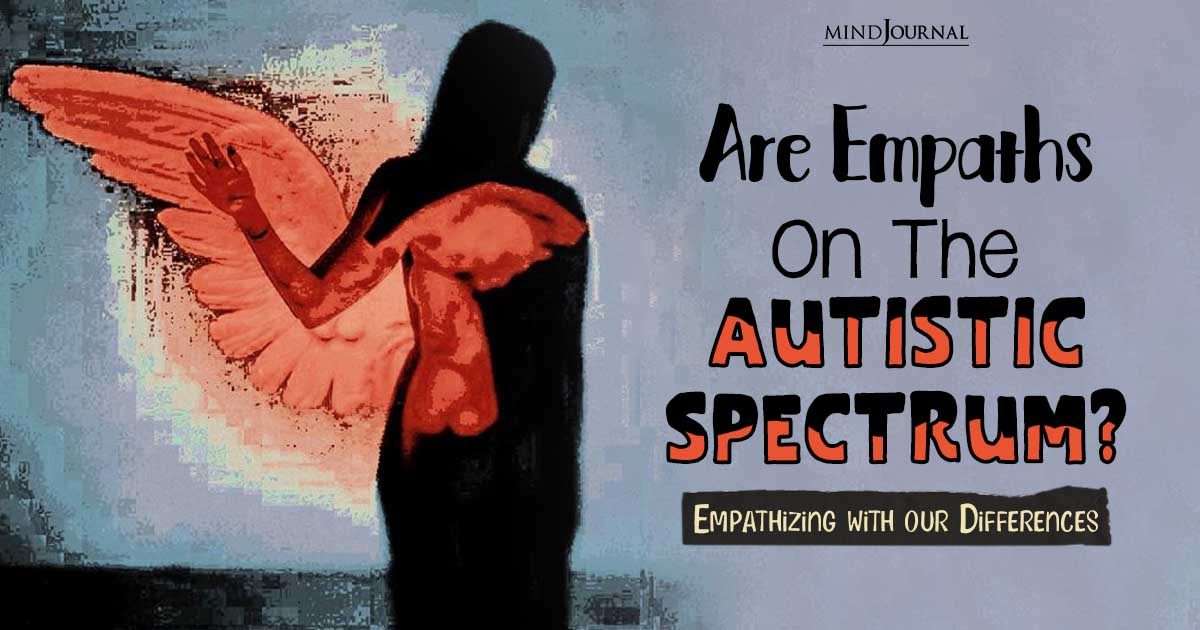
Leave a Reply